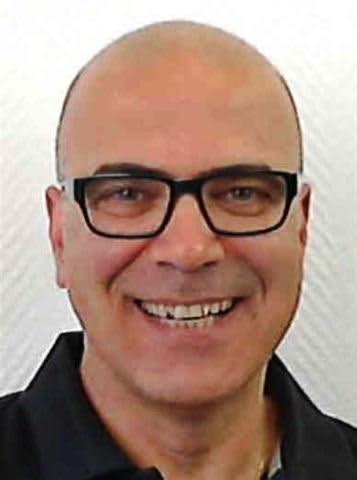A Quote by Sally Helgesen
The very technologies that were supposed to free up our time seem instead to be consuming it, tacking hours onto our already extended days. The very interconnectedness of life in a global networked economy that creates so many opportunities also makes all our decisions more complex, crucial, even fragile.
Related Quotes
These days, more than any other time, we are worried about our personal life, our private life. When we talk about our private life, it means our home, our body even. It seems that when we want to have calmness in this world, we make a wall around us. This gives us a very calm environment, and when we feel that somebody is intruding into that, it makes us very angry and we feel we have to do something about it.
Our life is made up of time; our days are measured in hours, our pay measured by those hours, our knowledge is measured by years. We grab a few quick minutes in our busy day to have a coffee break. We rush back to our desks, we watch the clock, we live by appointments. And yet your time eventually runs out and you wonder in your heart of hearts if those seconds, minutes, hours, days, weeks, months, years and decades were being spent the best way they possibly could. In other words, if you could change anything, would you?
India went through a dramatic revolution after the '90s when our economy started opening up for the first time and Indians were now experiencing the Western life, if you will. Drugs and sex and a lot of those influences came in as the economy stabilized, and we were growing up and experiencing that. The Indian writing market was very small at that time. Our literature was very attuned to what Western audiences were interested in, so everybody was writing about the slums in India and magic realism or stories about Hindus and Muslims and partition.
I came from an educated, upper middle-class family. My mother was a Persian and history teacher at a large high school for girls. Many of the women in my extended family and in our circle of friends were professionals. In those days, women were a vital part of the economy in Kabul. They worked as lawyers, physicians, college professors, etc., which makes the tragedy of how they were treated by the Taliban that much more painful.
The paradox is that exactly the reverse is true. Everything that’s really worthwhile in life came to us free; our minds, our souls, our bodies, our hopes, our dreams, our ambitions, our intelligence, our love of family and children and friends and country. All these priceless possessions are free.
But the things that cost us money are actually very cheap and can be replaced at any time. A good man can be completely wiped out and make another fortune. He can do that several times. Even if our home burns down, we can rebuild it. But the things we got for nothing, we can never replace.
It is the "where I am" that makes heaven. The life after death might become through its very endlessness a burden to our spirits, if it were not to be filled with the infinite variety and freshness of God's love. Some have shrunk from its very infinitude, because they have not realized what God's love can make of it. Human love helps us to understand this. When we have come to love any one with all our power of affection, then there is no monotony or weariness in the days and hours we spend with them.
More than anything else, kindness is a way of life. It is a way of living and walking through life. It is a way of dealing with all that is-our selves, our bodies, our dreams and goals, our neighbors, our competitors, our enemies, our air, our earth, our animals, our space, our time, and our very consciousness. Do we treat all creation with kindness? Isn't all creation holy and divine?


































